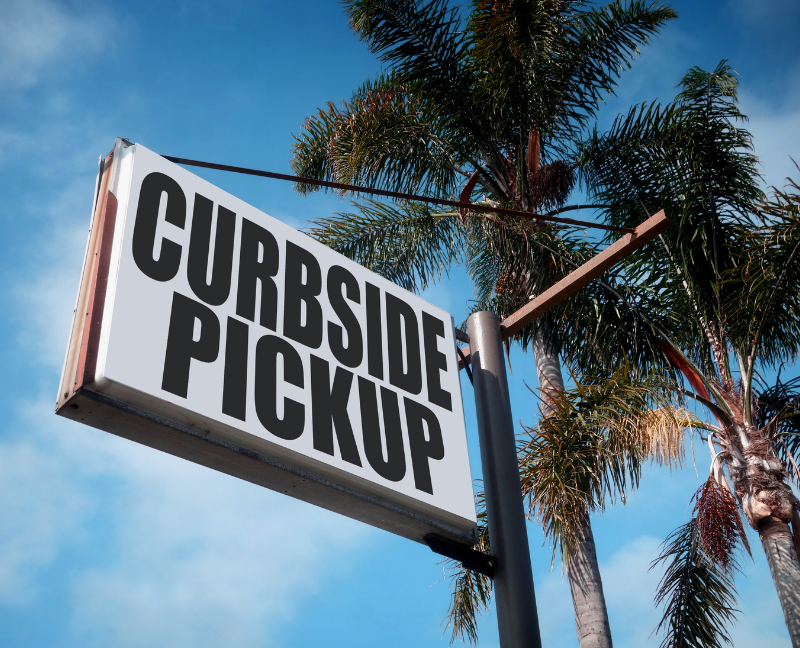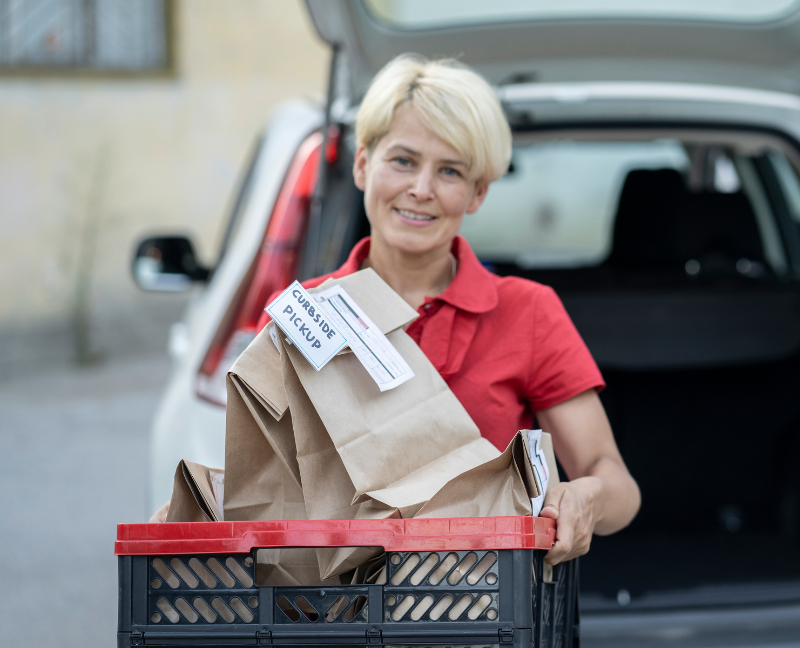Most towns allow residents to eliminate large, bulky, or complex items on designated days of curbside clean-up (also known as bulk trash pickup).
And if you're living where this is implemented, here's how you can get the most out of it.
Don't Miss It
Find out the day when bulk trash pickup occurs. Some municipalities hold one monthly while others host spring or fall annual or biannual events. Meanwhile, larger cities may plan two or more local curbside clean-up days.
Once you find out when yours takes place, set a reminder on your calendar so you won't miss it.
Segregate What You Can (And Can't) Put Out
The "what" is almost as crucial as the "when" regarding bulk trash day information. There are a lot of different regulations about what your community will accept. Some things are widely considered acceptable (carpets, lamps, swing sets), some are typically prohibited (propane tanks, concrete, hazardous chemicals, and many are in between -- which means others may allow them but others won't (small appliances, batteries, yard waste). The resident's responsibility is to do the proper thing with your trash.
Need tips on how to clean your home? Check out these resources:
- Daily Habits To Develop To Keep Your Home Clean
- How To Do Spring Cleaning Like A Pro
- Essential Cleaning Tips To Use During the Spring

Organize Everything In Advance
Prepare for the clean-up day to get the most out of it. Do something about the attic and basement, clean up the garage, and look at what you have. Sort items into bags or piles labeled with Keep, Donate, and Discard. Then, put what's left to the curb, excluding anything that needs a recycling or hazardous trash disposal trip.
Develop A Depression Mindset
To be more specific, the Great Depression. Those who have survived challenging economic times are specialists at making do with what they have and trying to get by. Nowadays, many people like repurposing everyday items that would otherwise go to waste.
Donate
Put your trash on Facebook Buy Nothing groups, or Freecycle to find a good home, but be sure to learn about free-stuff etiquette first.
You may also donate to thrift stores and charities. People without transportation or mobility benefit from many organizations' pickup services.
Organize A Community Swap Meet
A neighborhood swap meet is a perfect occasion to gather everyone. You can choose a weekend and a venue to "shop" other's pre-loved items and at the same time, get to know the people around you.
Organize A Neighborhood Yard Sale
Hold a neighborhood yard sale a week or two before curbside clean-up day. Collaboration benefits everyone because multi-household sales get a lot of traffic. If your neighbors are civic-minded, you could collectively sponsor a block party or a pocket park with perennials and a picnic table. Simple seller standards and a little planning will help your transaction succeed.
Adhere To Standard Procedures
Follow your town's trash and disposal guidelines to avoid accidentally breaking, leaking, scattering, tempting scavenging animals, or causing other issues.
Take note also of the weight restrictions and item limits. Avoid mixing prohibited trash with allowed ones. Check what time you can put old stuff on your curb. Collectors of copper wiring break apart products like air conditioners, leaving chaos. Discard appliances last minute.
Be Ready For Pickers
Once you start to get rid of used items down the street, pickers, such as scavengers, salvagers, curb shoppers, scrappers, or gleaners, might come. So if there are items that aren't up for grabs, put them away from the curb to avoid confusion.
Express Some Kindness And Compassion
On curbside pickup eve, some wealthy would-be HGTVers shop your block. Treat them well—many of them make a livelihood from salvaging. If someone investigates your soon-to-be-ex-property, don't get offended or alert the police. Remember: Once you release something, you lose control over who gets it.
Here are more tips to help you with this:
- Leave pickers bags or cardboard boxes to avoid a mess.
- Label broken appliances and devices. Pickers expect castoffs to be as-is and will be fixed, but only some people want broken stuff.
- Finally, help if you can.
Practice Curbside Etiquette
Salvagers should be respectful as well. If you see an abandoned dresser or bread maker that you want, pull over and turn on your hazards to avoid impeding traffic. Carefully search for items you want without making a mess.
After getting your valuables, put the other stuff aside or neatly back. Don't invade homes or complain about appliances' functionality. Finally, wave and thank neighbors on their porches or outside their windows.
Do you have more tips on how to do curbside cleaning? If yes, feel free to drop them in the comments!

